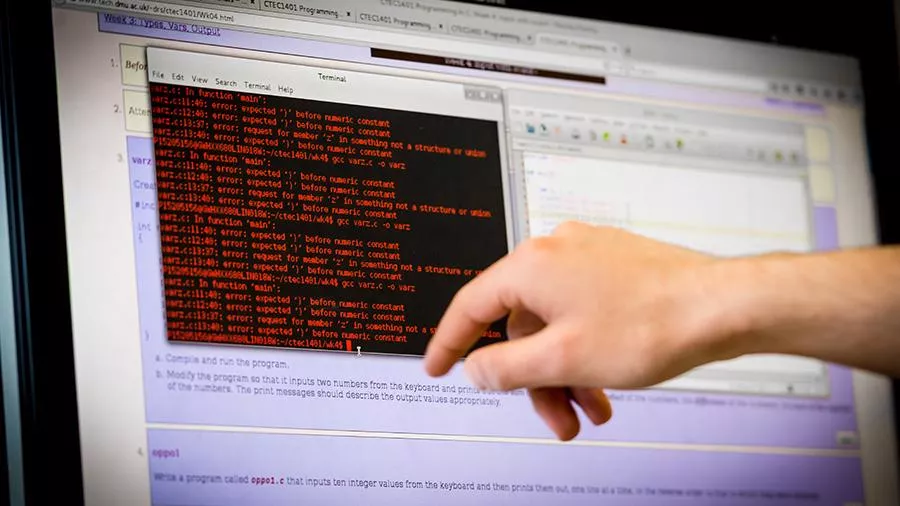Year one
Block 1: Foundations of Computing
Block 2: Programming in Python
Block 3: Data Analytics and Statistics
Block 4: Information Systems Analysis and Design
Year two
Block 1: Advanced Data Analytics and Visualisation
Block 2: Operational Research
Block 3: Introduction to Information Security
Block 3: Information and Database Development
Block 4: Integrated Project
Year three
Block 1: Advanced Statistics for Business
Block 1: Advanced Business Modelling
Block 2: Business Systems Solutions
Block 3 / 4: Final Year Project
Optional modules (select one):
Block 3 / 4: Privacy and Data Protection
Block 3 / 4: Advanced Database Management and Programming
Block 3 / 4: Data Mining
Block 3 / 4: Information and Communication Technologies for Development
Note: All modules are indicative and based on the current academic session. Course information is correct at the time of publication and is subject to review. Exact modules may, therefore, vary for your intake in order to keep content current. If there are changes to your course we will, where reasonable, take steps to inform you as appropriate.







